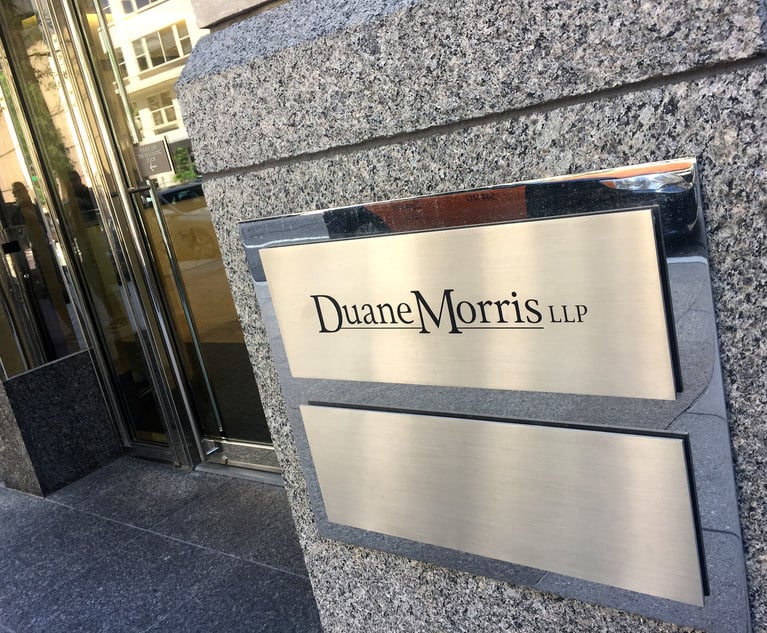It’s hard to say what kind of dog Sheldon is, part Shi Zhu, part poodle, part bandit, part insomniac anarchist. Does he destroy my sweaters? Sure, but so do my daughters. Thing is, he’s my dog, and he’s loyal, so I feel like this compensates for the disrupted days and occasional sleepless nights.
So much for loyalty at home. How about at work, in private practice? How about those who cause us disrupted days and sleepless nights? That would be clients. Quite often I hear lawyers complain that clients want the next technology, another cost cutting initiative or some other version of more for less, but they don’t offer loyalty in return.
Well of course they don’t. The very proposition misunderstands who’s the tree and who’s the dog, and I don’t mean Sheldon.
When I get to work and engage with clients, I’m a taxi not a spouse. As a cab driver, my discourse with the client is this: Let’s be very clear where you want to go, I’ll figure out if it’s feasible, we’ll agree to a pricing structure, I’ll deliver you there, and then you can pay what we agreed. If the client decides to use the service again, it won’t be because of any sense of faithfulness or devotion. It will be because it was reliable.
This then, is the entry point to my belief that everything I want from clients is my responsibility to create. If I want repeat business—which we all do—I have to create it by being reliable. No razzle-dazzle, no drama and definitely no bells and whistles. Just A to B, with the minimum of pain.
➤➤ Why work harder when you can work leaner? Have you explored the benefits of Lean Adviser Legal from Law.com?
Let’s try this idea on some of the other things we all want from clients. How about clear, accurate instructions. Always valuable, right? How many legal projects end with an awkward spat with the client about instructions which turned out to be unreliable? The fact that it was the client’s fault won’t get you re-hired, or even get your bill paid. If you want clear instructions, and you should, then it’s your responsibility to get them. That means examining what you’re told, asking smart supplemental questions and validating the hell out of it. If I was to write a law book, which is a terrible idea, I would have a chapter called validating the hell out of instructions.
So much for clear instructions, how about reasonable demands and goals. We all want those, right? Is it really the lawyer’s fault if the client has unreasonable expectations? Actually, yes. Developing an understanding of the client’s goals is a key part of scoping any legal project. It’s the lawyer’s job to do that, and if necessary to adjust expectations and memorialize the understanding. Absent that, walk away. So, if you’re just hearing about some unreasonable client demand for the first time at the end of the project, you’re in jeopardy.
How about some understanding when things don’t go to plan? Again, we all want this. Fine, but as counsel, it’s all on you to create it. If you start by collaborating with the client, then develop a shared plan and monitor it closely, you can expect some understanding if it gets hit by a random event. But you only get this measure of understanding because you created the conditions for it to exist.
One last topic. You want your client to pay the bills. How can this be your responsibility? Well essentially it is. If you blindside the client with bills which are bigger, or even just later than expected, you can expect resistance and conflict. On the other hand, if you create a robust budget, bill it in real time and adhere to it, and if you deliver the client where you promised, the client will have no good reason to dispute the bills.
It is, I conclude, one of my daily responsibilities as a lawyer, to create everything I want from my clients. Then I can go home to my loyal dog Sheldon, and the remains of my favorite sweater.
Alex Geisler is a London-based litigation partner with Duane Morris and the creator of the Lean Law Program. He is an accredited trainer and author on topics including legal process optimization, knowledge management, negotiation, process mapping and scenario planning.
If you enjoyed this article, click here for more information on Lean Adviser Legal, a complete legal process management program.
NOT FOR REPRINT
© 2024 ALM Global, LLC, All Rights Reserved. Request academic re-use from www.copyright.com. All other uses, submit a request to [email protected]. For more information visit Asset & Logo Licensing.









